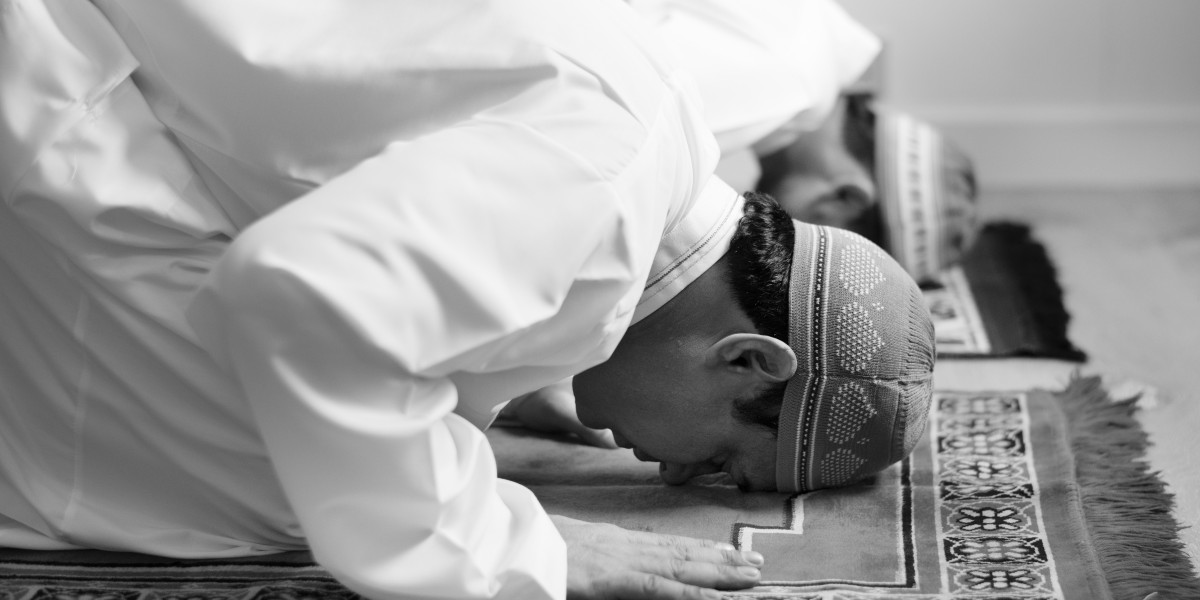As the crescent moon graces the night sky, ushering in the sacred month of Ramadan, Muslims around the world eagerly embrace a time of reflection, spiritual growth, and self-discipline. At the heart of this transformative period lies the profound practice of Sadaqah, an act of voluntary charity that goes beyond the obligatory Zakat. This article explores the joy of giving during Ramadan, delving into the blessings unlocked through the noble act of Sadaqah.
Understanding Sadaqah:
Sadaqah, derived from the Arabic root word "sidq," meaning truthfulness, embodies the spirit of selfless giving. Unlike Zakat, which is a mandatory form of almsgiving, Sadaqah is a voluntary and spontaneous act of charity, expressing generosity and compassion. During Ramadan, Muslims are encouraged to enhance their Sadaqah practices, recognizing the unique blessings embedded in this act of kindness.
Cultivating Empathy:
Ramadan, with its daily fasting from dawn to sunset, instills a deep sense of empathy for the less fortunate. The physical experience of hunger becomes a poignant reminder of the struggles faced by those in need. Sadaqah, during this time, becomes a tangible expression of compassion, allowing individuals to connect with the vulnerable and extend a helping hand.
Fostering Spiritual Growth:
Sadaqah is not merely a monetary transaction; it is a spiritual investment. The act of giving fosters a profound sense of humility and gratitude, drawing individuals closer to the core teachings of Islam. It serves as a means to purify the soul, reminding believers of their interconnectedness with humanity and their responsibilities to society.
Multiplying Blessings:
One of the distinctive features of Sadaqah in Ramadan is the belief in multiplied rewards. Muslims view this month as an opportune time to maximize their good deeds, with the conviction that acts of charity carry even greater blessings. The Quran emphasizes the manifold rewards of giving during Ramadan, creating a powerful incentive for believers to engage in benevolence.
Community Bonding:
Ramadan is a time when communities unite in worship, breaking their fasts together and engaging in collective prayers. Sadaqah amplifies this sense of community by addressing the needs of the less fortunate. Whether through contributing to communal iftar meals or supporting local initiatives, the act of giving strengthens the bonds that hold the ummah, the global Muslim community, together. These communal acts of charity are not only Reasons to Believe in Islam but also manifestations of the faith's emphasis on compassion and communal support.
Nurturing a Culture of Generosity:
The joy of giving extends beyond individual acts to shape a culture of generosity within society. By emphasizing the importance of Sadaqah, Ramadan serves as a catalyst for creating a compassionate and giving community. This culture of generosity not only transforms the lives of recipients but also elevates the overall well-being of society.
Impactful Giving:
Sadaqah empowers individuals to make a direct and tangible impact on the lives of others. Whether providing meals for the hungry, supporting education initiatives, or aiding healthcare efforts, the blessings of Sadaqah are evident in the positive transformations it brings to communities. The joy of giving lies not only in the act itself but in witnessing the positive change it initiates.
Conclusion:
As the month of Ramadan unfolds, Muslims find joy in the act of giving, unlocking the blessings of Sadaqah. Beyond the material impact, the spiritual dimensions of this practice resonate deeply with the essence of Ramadan—self-reflection, empathy, and communal solidarity. Through Sadaqah, a pivotal form of charity in Islam, believers not only contribute to the well-being of others but also experience the profound joy that comes from aligning their actions with the teachings of Islam.















